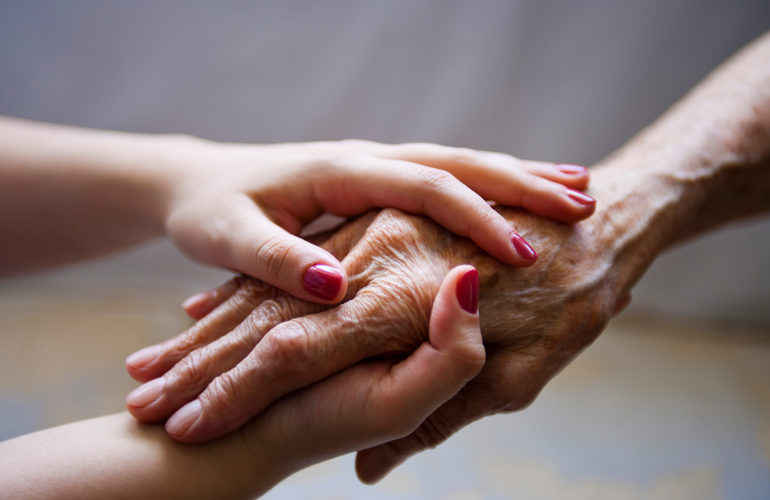Community Health Updates

The greatest passion of any medical professional is to cure their patients. The technological advancements at present have added a lot to the medical science and we have a variety of improved options for treatment, diagnosis, and prognosis of many diseases. Today, people consider doctors as their heroes and they believe that the present medical science can do any wonder. People entrust their doctors with their health conditions looking forward to them for possible solutions.
Nevertheless, we cannot deny death because every one of us is born to eventually die one day. Also, medical care facilities don’t bring positive results always. There are greater chances of side-effects of treatments leading to unfavorable conditions. This is sometimes when the doctors are questioned, especially when the patient is approaching the end of his life. In such conditions, some of the most difficult questions arise that need to be addressed for the patients but are ignored. These questions are mostly about the worth of the treatment for the patient, the expected quality of life, the benefits or harms of any particular treatment, etc.
All of these questions require the consent of the patient to continue with the treatment. Lack of the patient’s consent leads to the continuation of the suffering. The doctors cannot decide about these questions on their own because they had taken the oath of making every possible effort to save the life of their patients. This is why “discussions about the advance directives at the end of life care” are encouraged.
In addition, doctors have often witnessed a family conflict at the bedside of the patients. Half of the family insists to continue with the aggressive treatment while the others are of the opinion that the patient should be allowed to have a natural death without any harsh treatment. This happens usually when the patient is very old or too weak to respond to the treatment. These matters could be solved easily with the patient’s consent but he/she isn’t in a position to do so. This is only possible if the patient already discussed the advance directives at the end of his/her life care.
Discussions about the end of life care can bring numerous advantages for the patient, the family and the medical care staff associated with the patient. These discussions give an idea about the wishes of the sufferer regarding the end of life care. It removes a burden from the minds of the family members and they can choose the treatment as per the patient’s choice. Moreover, it helps the doctors to choose an appropriate treatment in time as well. It builds a sense of trust and comfort between the patient and those who are entrusted with his/her care. Most importantly, the discussions about the end of life care avoid unnecessary prolongation of suffering for patients with severe illnesses. It makes it a bit easier for them to die.
It is not always necessary to discuss the matter with the family. Of course, they are your loved ones and the thought of leaving them can grieve you all. You can discuss the matter with your family doctor. It is better to sign a legal document stating all your wishes and demands related to life care so that it can be shown to your family at the required time.
Most of the people consider the discussions regarding the end of life care important but only a few practice it. Considering COVID-19, it is the best time for such discussions. The spread rate of the virus is a threat that anyone can catch it. Anyone of us can end up sick with the Coronavirus. At present, it is such a traumatic disease that leaves the patient mentally crippled. They are not able to make decisions about their life care at such a critical point. It is very important for us to let our families know the level of the medical care we wish to have if we’re harmed with the virus. It is necessary to consider and communicate your wishes and beliefs earlier so that conflicts at your bedside are avoided.
Discussions about the end of life care can make a huge difference in the time of crisis. It is not about denying medical care regardless of age or condition. Also, it isn’t necessary that every one of us will encounter severe illnesses. It is just a healthy exercise that can help you to acquire the medical care of your own choice and avoid sufferings at the death bed.
Sources
The conversationproject.org (https://theconversationproject.org/tcp-blog/5-end-of-life-care-stats-everyone-should-know/)
Smeenk, F. W., Schrijver, L. A., van Bavel, H. C., & van de Laar, E. F. (2017). Talking about end-of-life care in a timely manner. Breathe, 13(4), e95-e102.
American Academy of Pediatrics, Committee on Pediatric Emergency Medicine, American College of Emergency Physicians, & Pediatric Emergency Medicine Committee. (2006). Patient-and family-centered care and the role of the emergency physician providing care to a child in the emergency department. Pediatrics, 118(5), 2242-2244.